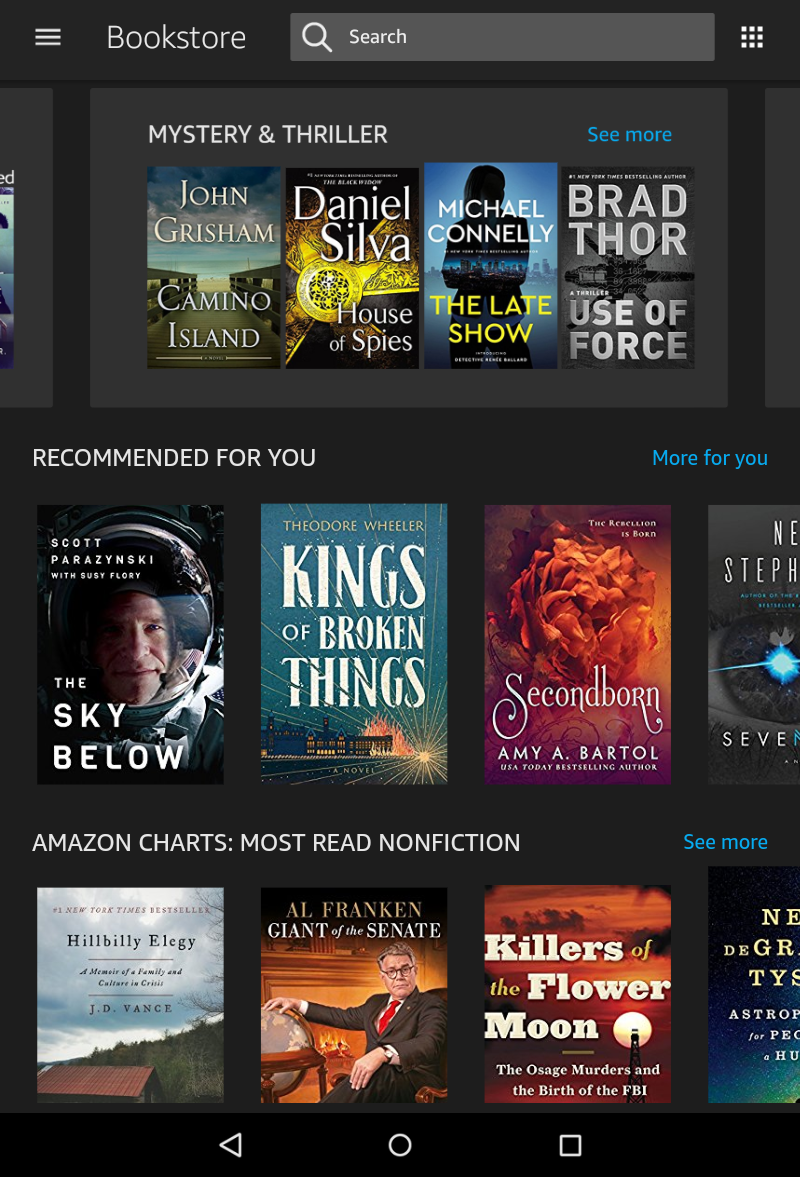

It had been out for 9 months with little or no sales history. I don’t want to give a playbook on how to spot clickfarmed books, but this was a particularly obvious case. Paid.Īuthors immediately expressed skepticism – and for good reason. Clickfarming Your Way To The Topĭevelopments since then have made a mockery of the claim that this stuff doesn’t hit the charts as a book titled Dragonsoul by some unknown writer called Kayl Karadjian hit #1 in the store yesterday. I explained in detail how none of those contentions were true, that readers are leaving angry reviews under these books, which regularly hit the charts, and further that KDP has singularly failed to act on 18 months-worth of complaints.Īmazon asked me to compile more information for them – and I did that with a report submitted on Wednesday. But it was also stressed that the problem wasn’t quite as bad as I was making out, and that this stuff never hits the charts and remains largely invisible to customers. Repeated assurances were given that the entire leadership team at Amazon was taking the scammer problem very seriously indeed. That post led to a phone conversation with KDP’s Executive Customer Relations. I wrote at the start of June about how scammers were taking over Amazon’s free charts. Over the last six weeks, one particularly brazen author has put four separate titles in the Top 10, and Amazon did nothing whatsoever. Last Sunday, a clickfarmed title also hit #1 in the Kindle Store. This is not the first time this has happened and Amazon’s continued inaction is increasingly baffling.

It has not been updated except to clean up broken links but the comments remain open. On Friday, a book jumped to the #1 spot on Amazon, out of nowhere it quickly became obvious that the author had used a clickfarm to power his inexplicable rise.


Kindle scammers are gatecrashing the Amazon charts with impunity and it’s clear that the Kindle Store is officially broken.


 0 kommentar(er)
0 kommentar(er)
